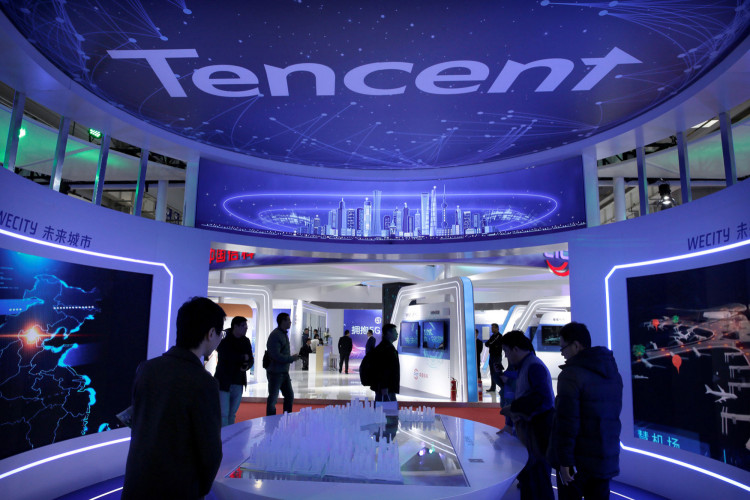Tencent has globalized its fintech investments outside of China by launching WeChat Pay in international markets. The service would attend to Chinese tourists or business travelers overseas. The direct expansion was reported to be directed towards developed economies.
Tencent has shown an interest in globalizing its fintech investments outside of China. Its market share has peaked the market as a part of a duopoly with its competitor Alibaba's fintech subsidiary Ant Financial.
The report claimed that the direct expansion of Tencent would touch on developed countries' markets. It was revealed that the company does not expect consumers in the US and Europe to adopt WeChat Pay over US companies that offer the same services such as Google Pay and Apple Pay.
Tencent was said to take strategic strikes on its ascendant fintech startups including the French mobile payment app Lydia and its competitor bank Qonto. The Tencent investments were then said to improve the revenue growth of its fintech business in Europe and may develop into a global powerhouse in electronic gaming. The said business strategy would involve strategic investments and acquisitions.
Tencent's Lydia was revealed to have 45 billion USD in Series B funding participated by existing investors such as XAnge and New Alpha. The former was the most widely used mobile payment apps in France, Italy especially among young adults, reported Tech Crunch.
The company's executives claim that Lydia wants to diversify its services by becoming a mobile financial services app. It plans to offer users a suite of financial services referred to as a meta-banking app. It was further discussed that some of the features may be offered by third parties.
The said business proposal was to create a financial hub within the existing application just as how WeChat built its digital banking services. It was revealed that WeChat Pay once operated as a basic e-wallet before diversifying its financial services.
On the other hand, the report suggested that Qonto would focus more on small and medium enterprises (SMEs) and freelancers operating in Europe to dominate that sector. The said market segment was referred to as underserved with retail banking services and that regulatory mandates are limited in the sector.
At present, the report claimed that Qonto has a payment institution license in France the first B2B neobank in Europe. It was expected to acquire a credit institution licensed by the end of 2020. On its official website, Qonto announced that it would be a fully licensed European bank this year.






